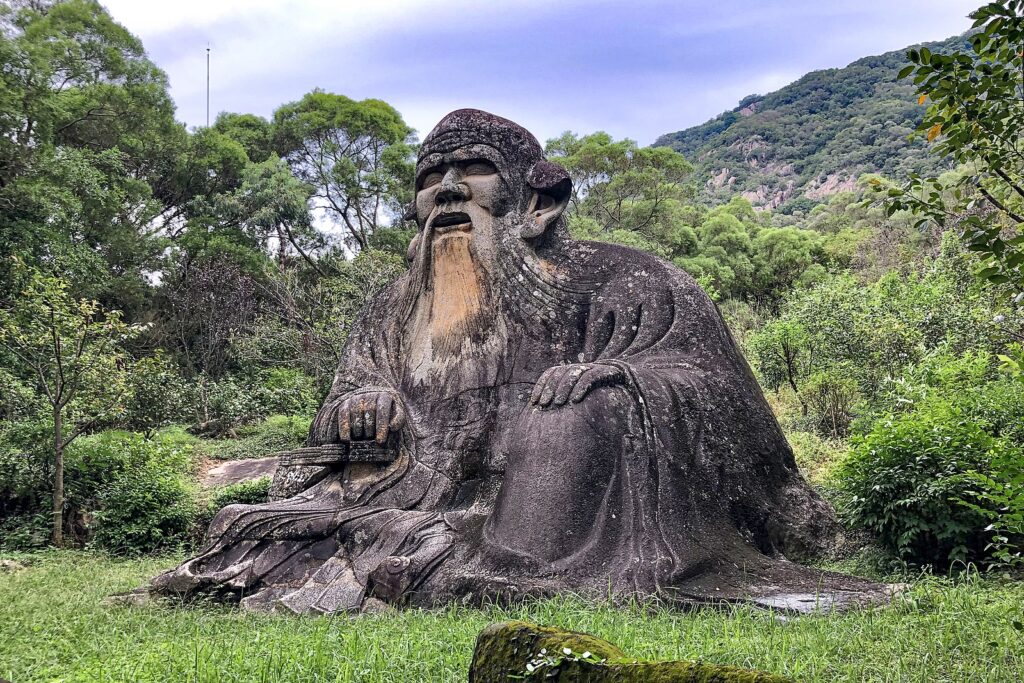Duke Wen of Tsin, in going to attack the Yüan State, assured his ministers that the enemy would submit in three days, and he converted them to his enterprise by this hope. But when the three days had passed without the capitulation, Duke Wen withdrew his troops. An officer said the place would capitulate in a day or two, therefore let them hold on. The Prince replied that he was fully convinced that Yüan could be taken in three days, when he made the promise: but as he failed to capture it within the prescribed time he had given to his ministers, he had, therefore, broken faith with them by such a promise of taking Yüan: so he would not take it. When the people of Yüan heard this they said: “Having such a Prince, can we refrain from surrendering?” Which they did forthwith. The people of Wen, hearing these things, also begged to be received. Thus Lao Tzu says: “How deep and abstruse! Within the Tao there is the essence; the essence is absolutely true; in its very centre repose sincerity and good faith.”
Courtesy: Taoist Tales by Raymond Van Over
Taoism is a diverse philosophical and religious tradition indigenous to China, emphasising harmony with the Tao (way, road, path or technique). Taoist thought has informed the development of various practices within the Taoist tradition and beyond, including forms of meditation, astrology and feng shui. A common goal of Taoist practice is self-cultivation, a deeper appreciation of the Tao, and more harmonious existence. Taoist ethics emphasise such virtues as effortless action, naturalness, simplicity, and the three treasures of compassion, frugality and humility.

Lao Tzu, or Laozi, was a semi-legendary ancient Chinese philosopher and a revered figure in Chinese culture. He is generally considered the founder of Taoism and author of the Tao Te Ching, the foundational text of Taoism. Lao Tzu is a Chinese honorific, typically translated as “the Old Master.“
Image: Stone statue of Lao Tzu at Qingyuanshan in China.
